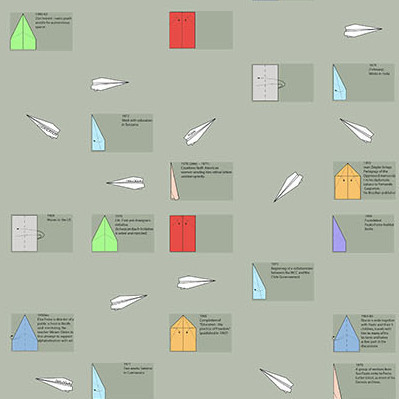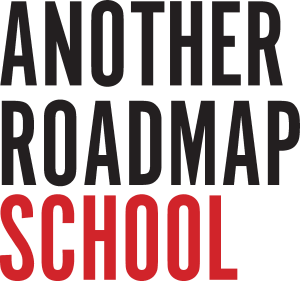
The group joining together for intertwining hi/stories (2016-2018) in Switzerland are the collective of artists/educators microsillons (Marianne Guarino Huet and Olivier Desvoignes), the educators and researchers Nora Landkammer and Carmen Mörsch and artist Maja Renn, at the time of the project working at the Institute for Art Education at Zurich University of the Arts, and Zurich-based gallery educator Camilla Franz. The main focus of our joint research has been the past and present relevance of the Brazilian pedagogue Paulo Freire on alternative arts education practices. Fleeing the Brazilian military dictatorship, the Brazilian pedagogue Paulo Freire arrived in Geneva in 1970 where he will live for ten years and from where he will publish his most influential book:
Pedagogy of the Oppressed
. He will work for 10 years for the Bureau de l’éducation (B.I.E) at the World Council of Churches, an international organization that will allow you him to run many educational actions, in particular in countries in postcolonial transition. What is Freire’s legacy in Switzerland? Which other relevant thinkers and practitioners are shadowed by the well-known figure of Freire? How can the theories of Freire be actualized with critical educators working in our current post-colonial migration society? What do experiences of working with Freire from other international contexts contribute to this aim?
Our project of re-engaging Freire so far has led to archival research and interviews, to practical engagements with Freire’s though in current pedagogical and artistic practice, and to international exchanges on the travels and tensions of Critical Pedagogies in arts education. Beyond this research focus, members of the working group have engaged in the transversal research of intertwining hi/stories on the coloniality of arts education.
A continuation of the research is planned.
